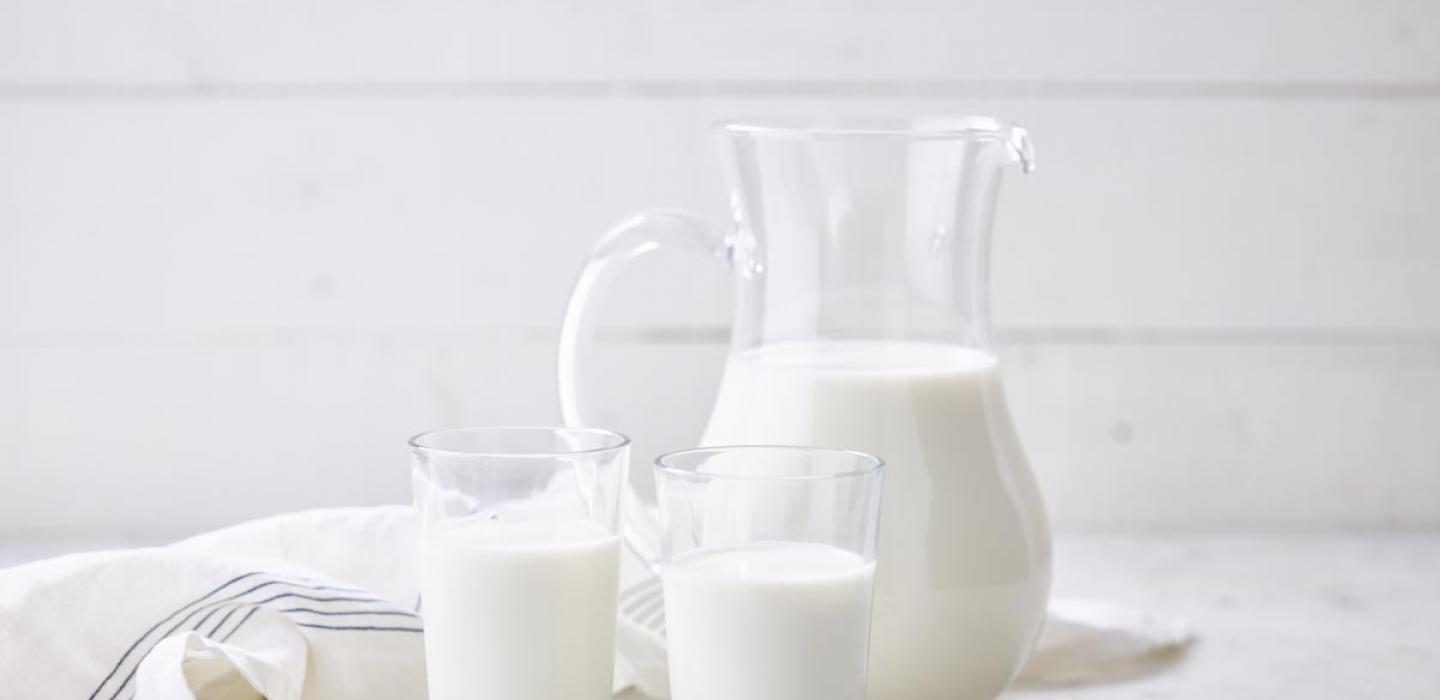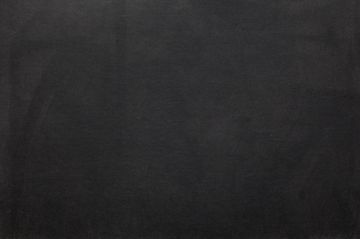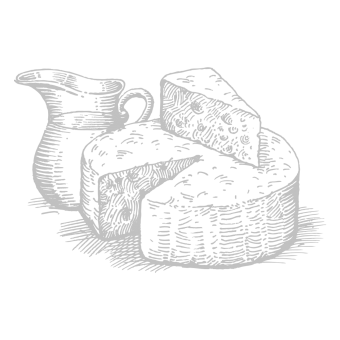Flemish dairy comprises a wide range of dairy products prized at home and abroad. The 347,089 dairy cows in our Flemish part of the country help provide Belgian milk of high quality, Belgian cheeses and lots of other dairy products.
Dairy
Flemish dairy products are sought after both in Belgium and abroad. What are dairy products? Dairy products comprise a very wide range of products, from basic products like milk, butter and cheese to many dairy specialties such as dairy desserts and derived dairy products. There is a diversity of products in each category. For example, milk drinks, yogurt, butter products, dairy desserts, types of cheese and basic products for the food industry. Most trade occurs with countries inside the European Union. However, some products are extremely suitable for being exported to distant destinations. For example, 62% of the milk powder exported is destined for countries outside Europe.
Belgium exports dairy products for an amount of almost 5.5 billion euros. There has been a sharp increase in foreign trade during the past decade, both in import and export.
Dairy from Flanders: pure quality and safe food
Superior quality and food safety form the cornerstones of Flemish and, by extension, Belgian dairy export. From production, via processing to the consumer, Belgian milk and the entire range of Belgian dairy products are famous for their high-quality standards. This is guaranteed by the strict regulations for the entire production and transport process. External inspections ensure that the regulations are effectively met.
According to the annual report of the Belgian Confederation of the Dairy Industry (BCZ), the Belgian dairy industry processed 4.95 billion liters of milk in 2023. On top of that, milk processing has increased sharply in the past few years. The surge in processing allows the dairy industry to establish and maintain a high-performance processing unit of sufficient scale.
Flemish milk under the supervision of IKM-QFL
The dairy sector has applied a strict quality policy for years. Dairy products have a good image and the sector is constantly innovating. The IKM-QFL system, National Quality Assurance System for dairy farming (www.milkbe.org) handles the complete dairy quality assurance. The participants comply with strict regulations. Furthermore, there is scientific support and additional tests for a number of possible contaminants.
On delivery to the factory, various quality parameters of the raw milk are immediately checked. In addition, each farm is subject to an audit under the DQA quality assurance system. The audit comprises a check on the animal welfare, animal health, hygiene and sustainability. Producers who do not meet the requirements, may not deliver milk to the dairy companies. It's worth noting that 99.9% of the dairy producers are DQA-certified!
Flemish dairy inspected by the FASFC
Each production company in Belgium must have a self-monitoring system that is validated by the FASFC, the Federal Agency for the Safety of the Food Chain. Independent inspectors check those quality systems at the individual production companies. In addition, the FASFC also organises additional tests. Within the European Union, the FASFC is seen as a shining example in the area of food safety.
Based on a combination of independent and official inspections, we can guarantee the quality and food safety of our Flemish milk and dairy products.
Sustainability
Becoming sustainable is a major challenge even in the Flemish dairy sector. After all, the sector has the right credentials to contribute to sustainable food.
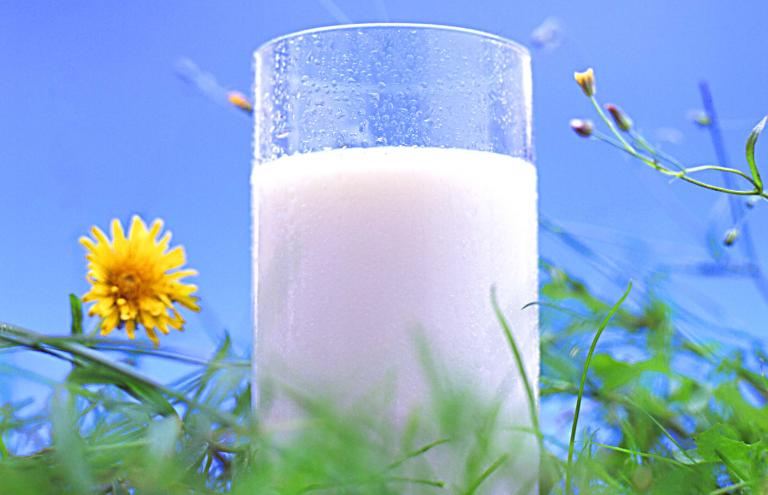
The dairy sector in Flanders is taking numerous initiatives to make dairy farming sustainable, with respect for the animal. In the past 15 years, the ecological footprint of a kilogramme of raw milk fell by 26%. In addition, at present a great deal of research is being conducted into ways to further limit the sector’s emissions:
- adapting the composition of cattle feed to reduce the emission of methane;
- investing in low-emission floors for cowsheds to reduce ammonia emissions (floors with slats that the manure is pushed through);
- selecting cows that emit less methane thanks to genetic selection;
- committing to better grassland management to increase the capacity for carbon storage in the soil;
- committing to growing local protein crops (feed) or using waste flows from the food industry such as draff as an alternative for imported soya.
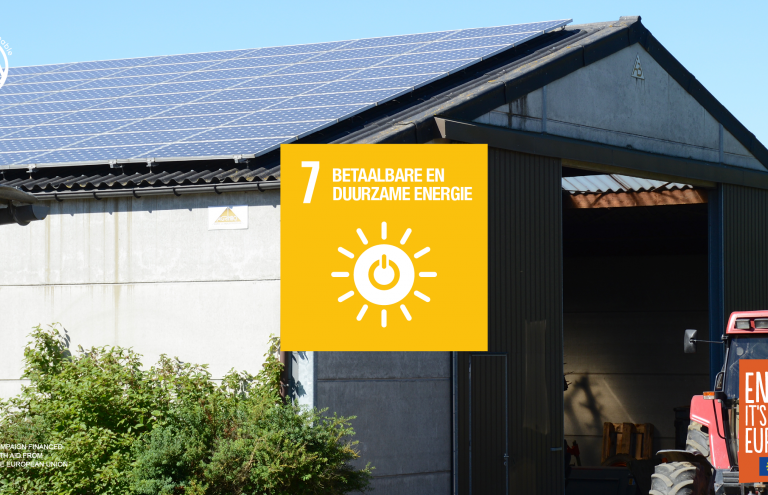
With regard to energy consumption, the Flemish dairy sector is also making efforts. Generating energy at the farm itself creates a win-win situation for the environment and the dairy farmer’s wallet. At present, 37% of dairy farmers already generate their own energy by means of solar panels and wind turbines. What is interesting about these energy sources, is that they will not be depleted and no greenhouse gases are emitted during their production. In addition, some companies also make maximum use of the renewable energy that they produce with their own pocket digester: a technology that ferments cow manure and thus generates electricity and heat.
In addition to generating their own green energy, there are also numerous ways to save energy. Dairy farmers for example do so by insulating roofs and using led lights in the cowsheds or reusing the condensation heat of the milk cooling tank. Every little helps.
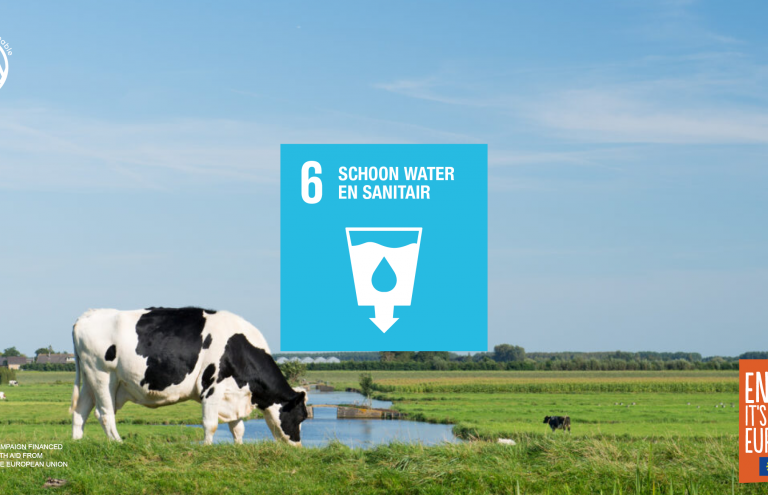
Finally, dairy farmers use water sparingly: they use alternative water sources such as rainwater as much as possible. They collect it and keep it in wells for later use. Dairy farmers are also working on reusing water, for example by reusing the water that they use to cool the milk to clean the cowsheds or as drinking water for the cows. Some farmers also purify water using reed beds, infiltration tanks, a biofilter or a water purification system.
Not only dairy farmers but also milk processors are doing their bit. They too are using alternative water sources and are committing to reusing water. At present, 30% of the water in the dairy industry is reused.
